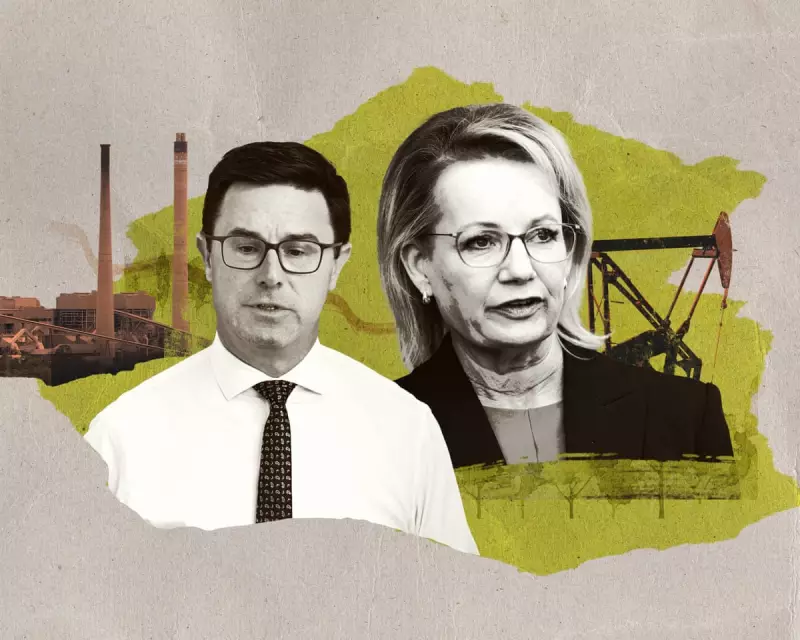
A significant internal rebellion is brewing within Australia's Liberal Party, threatening to undermine the government's commitment to achieving net zero emissions by 2050. Backbenchers are mobilising to challenge what they describe as a "flawed" climate policy, creating one of the most substantial internal divisions since the coalition came to power.
Growing Coalition of Dissent
Multiple sources within party ranks have confirmed that a group of MPs is actively working to dismantle the net zero commitment. This movement represents a direct challenge to Energy Minister Angus Taylor and signals deepening fractures within the government's approach to climate change.
One senior Liberal MP, speaking anonymously, revealed: "There's genuine concern that we're heading down a path that will damage regional economies without delivering meaningful environmental benefits. The numbers are growing."
Policy Under Pressure
The rebellion comes at a critical juncture for Australian climate policy. With international pressure mounting and domestic voters increasingly concerned about environmental issues, the government finds itself caught between competing priorities.
Key concerns raised by dissenting MPs include:
- Economic impacts on traditional industries
- Questioning the science behind current targets
- Lack of clear implementation strategy
- Potential job losses in regional areas
Leadership Response
While Opposition Leader Peter Dutton has publicly supported the net zero target, his office remains tight-lipped about the growing internal opposition. Energy Minister Angus Taylor continues to defend the policy, insisting it represents a "balanced and responsible approach" to climate action.
However, critics within his own party argue the current plan lacks substance and could prove economically damaging without proper safeguards for Australian industry and households facing rising energy costs.
Political Implications
This internal conflict threatens to derail Australia's climate agenda and could have significant consequences for the government's stability. The timing is particularly sensitive, with the next federal election looming and climate policy expected to be a central battleground.
As one political analyst noted: "This isn't just about emissions targets—it's about the soul of the Liberal Party and its vision for Australia's future. The outcome of this internal struggle will define the government's environmental legacy."





